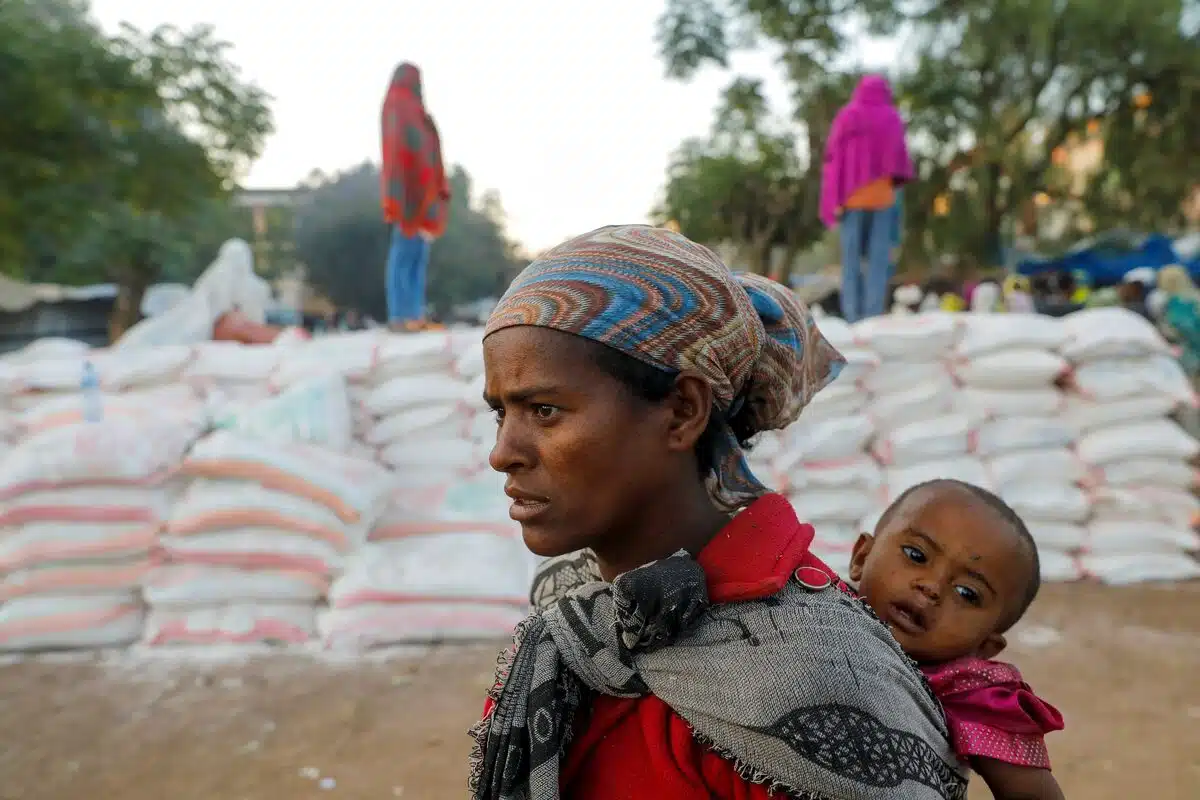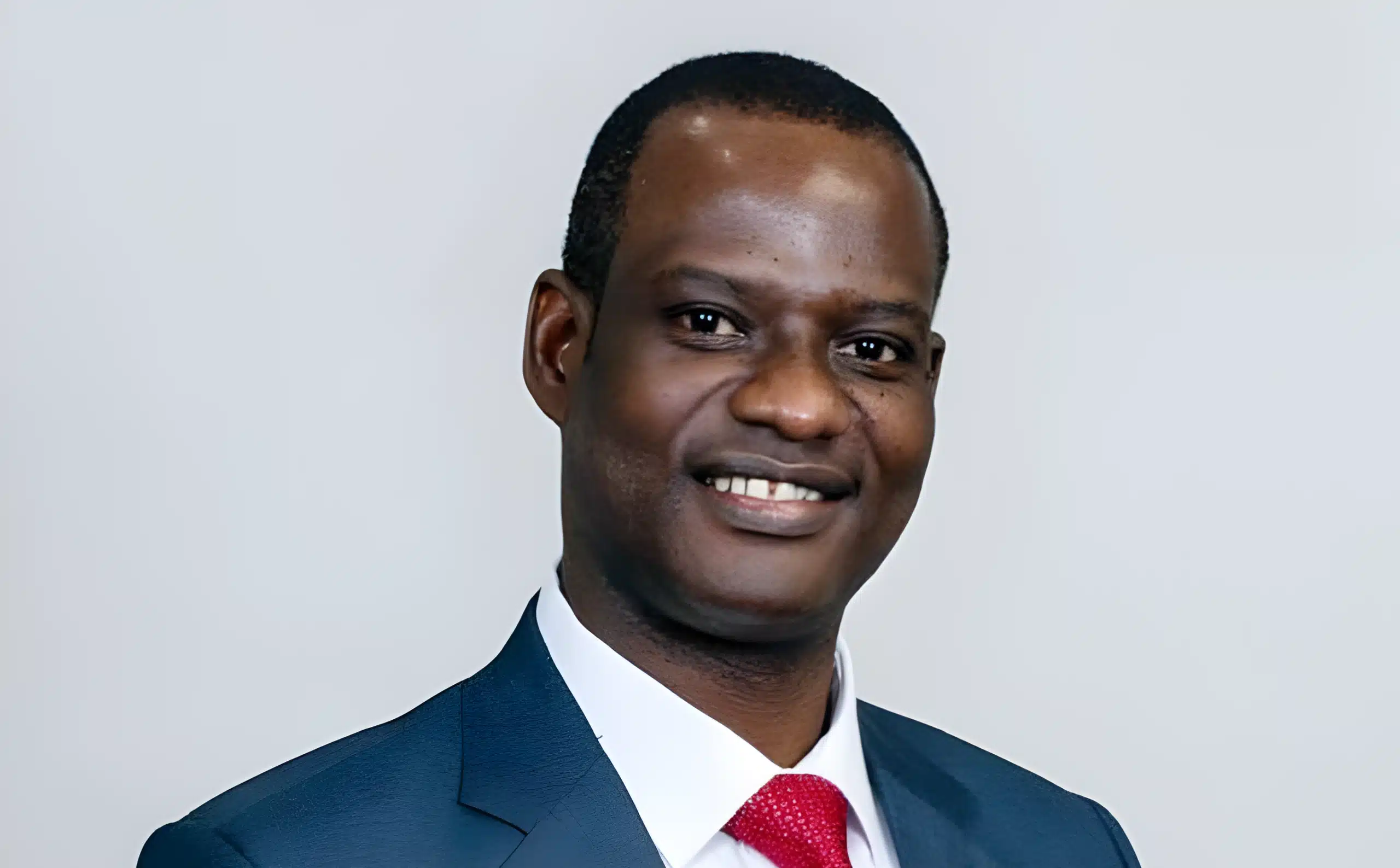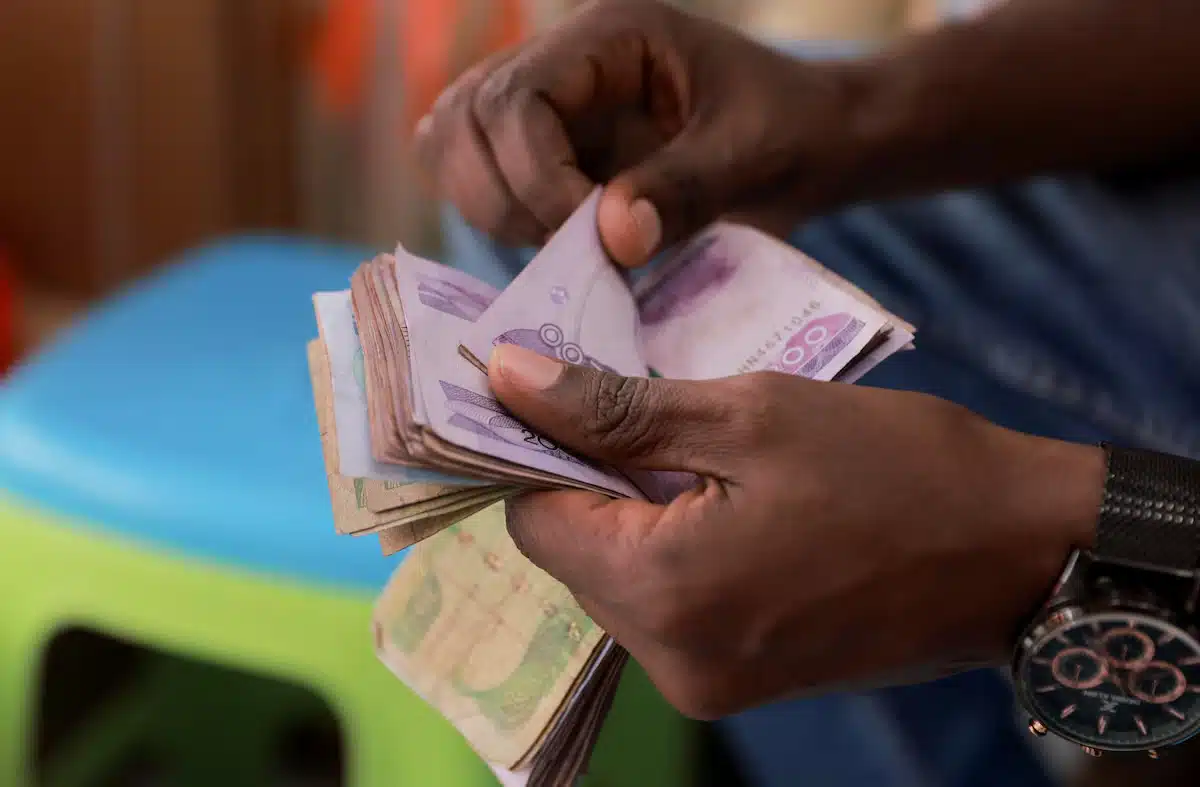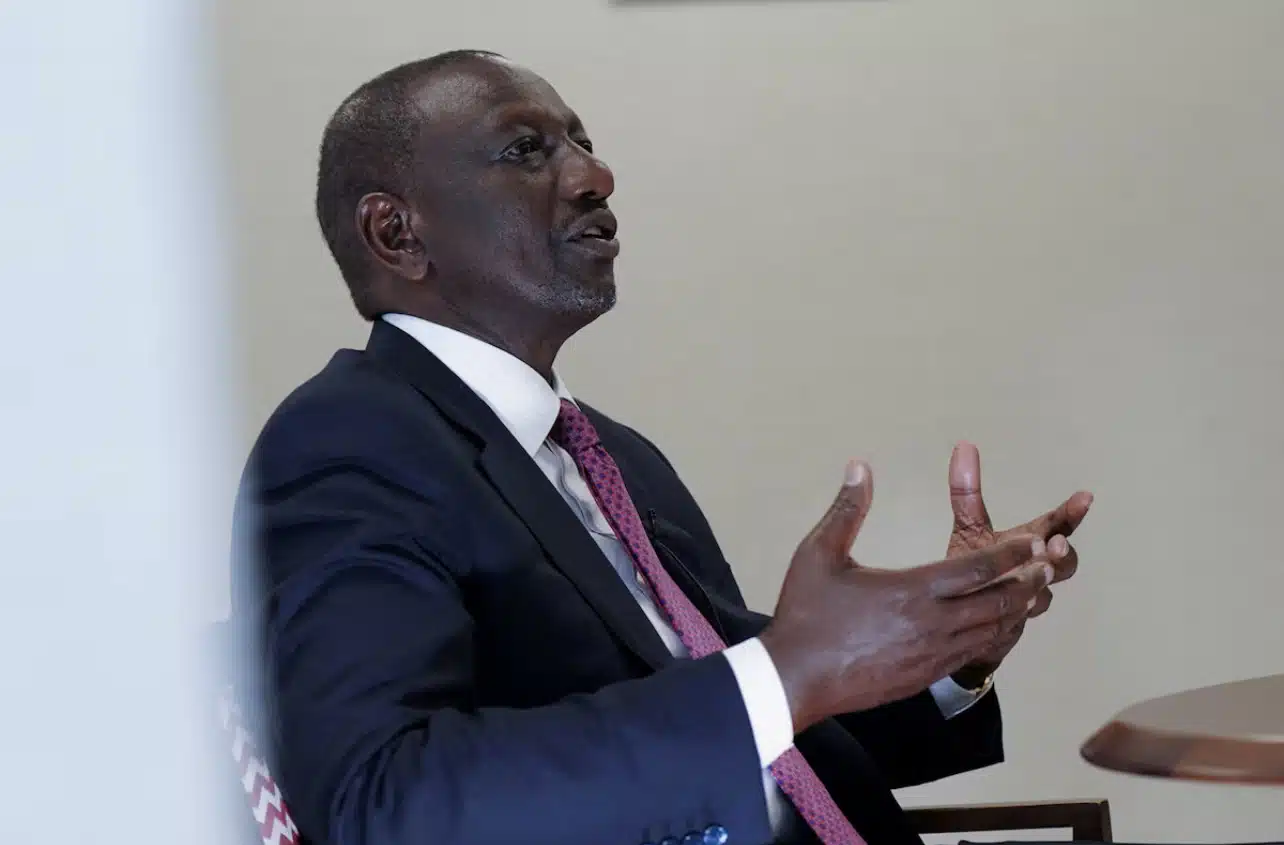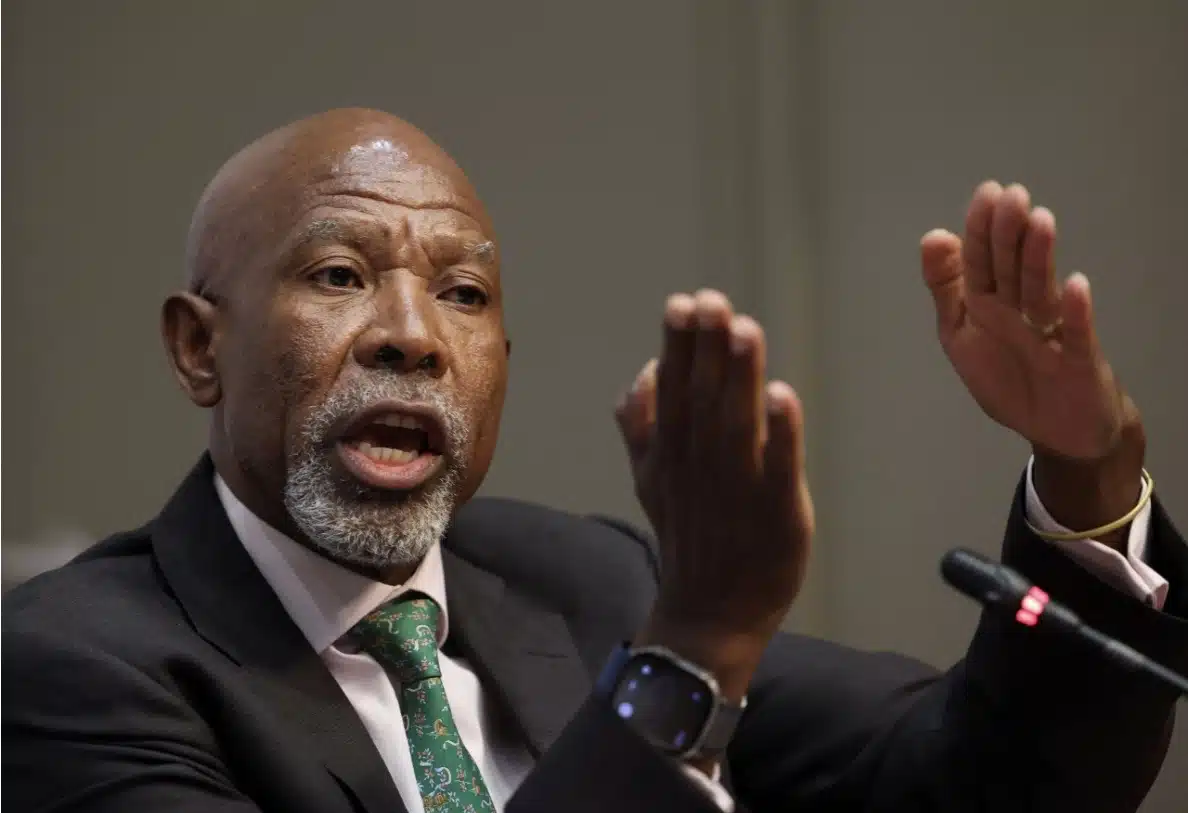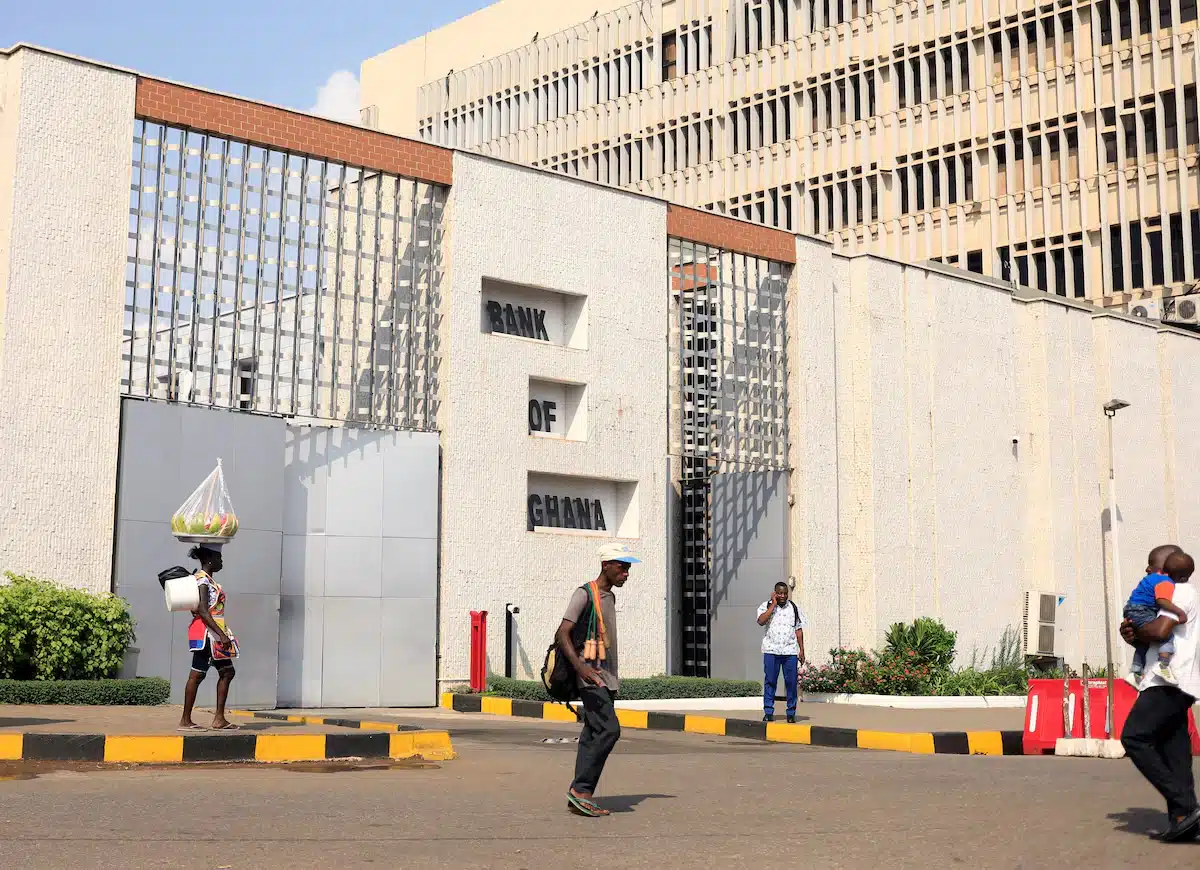S&P Global has cut Senegal’s long-term foreign credit rating from ‘B’ to ‘B−’, and reaffirmed a negative outlook, citing soaring debt and mounting pressure on public finances.
This marks the lowest rating assigned to the western African nation since the agency began assessing the country in 2000 and the second downgrade in five months.
The move comes after an audit ordered by President Bassirou Diomaye Faye revealed that the former government under Macky Sall had significantly underreported the country’s debt.
The audit raised Senegal’s total outstanding debt at the end of 2023 to 99.67% of gross domestic product (GDP), up from a previously reported 74.41%.
S&P now estimates that Senegal’s debt-to-GDP ratio reached 118% in December 2024, well above its earlier forecast of 104% in February 2024.
The agency attributed the upward revision to an additional $13 billion in funding received in the third quarter, comprising a mix of concessional and commercial external debt.
“We estimate that these significant upward revisions to debt, combined with a still-high deficit and material arrears, will increase Senegal’s gross government borrowing requirements to well over 25% of GDP for 2025, based on current information, and likely keep borrowing needs at that level or higher in 2026,” S&P said in its rating review on Monday.
“Despite still-strong economic growth prospects, we now view Senegal’s budgetary position as more constrained, leaving the country’s public finances more vulnerable to potential adverse economic and financial shocks in the future.”
“We have therefore lowered our long-term ratings on Senegal to ‘B-‘ from ‘B’ and assigned a negative outlook, while affirming our ‘B’ short-term ratings,” the agency said.
According to S&P, Senegal’s revised 118% debt-to-GDP ratio is now the highest among all African sovereigns in the ‘B’ rating category.
“This significant upward revision leaves Senegal with no fiscal space for a cushion against any potential economic or financial shock in the future,” the agency warned.
The downgrade could further complicate negotiations with the International Monetary Fund (IMF), which suspended disbursements under Senegal’s three-year, $1.8 billion programme following the debt misreporting revelations.
S&P noted that the increase in projected debt obligations for 2024 may hinder progress on a new programme.
Following the cut, Senegal’s finance ministry issued a statement acknowledging S&P’s decision, adding that it had taken note of the downgrade.
It also assured its investors and partners of “its commitment to budget transparency, and the state’s ability to meet its commitments.”
According to the statement, talks with the Washington-based lender are progressing “proactively and constructively” to convene an IMF Board meeting soon to resolve the issue.
Despite the downgrade, Senegal’s sovereign bonds rose in international markets on Tuesday.
However, they have lost about a quarter of their value since the misreporting first surfaced in September 2024, reflecting continued investor caution.
S&P is scheduled to conduct its next review of Senegal’s rating on November 16.



